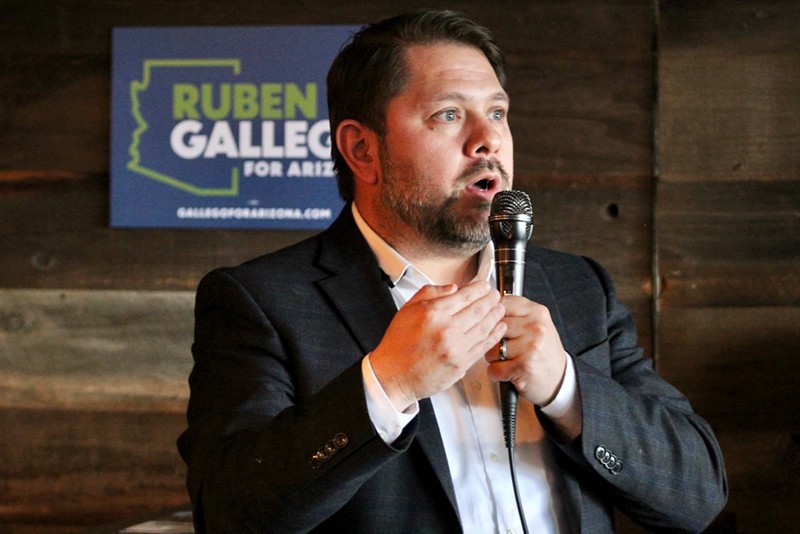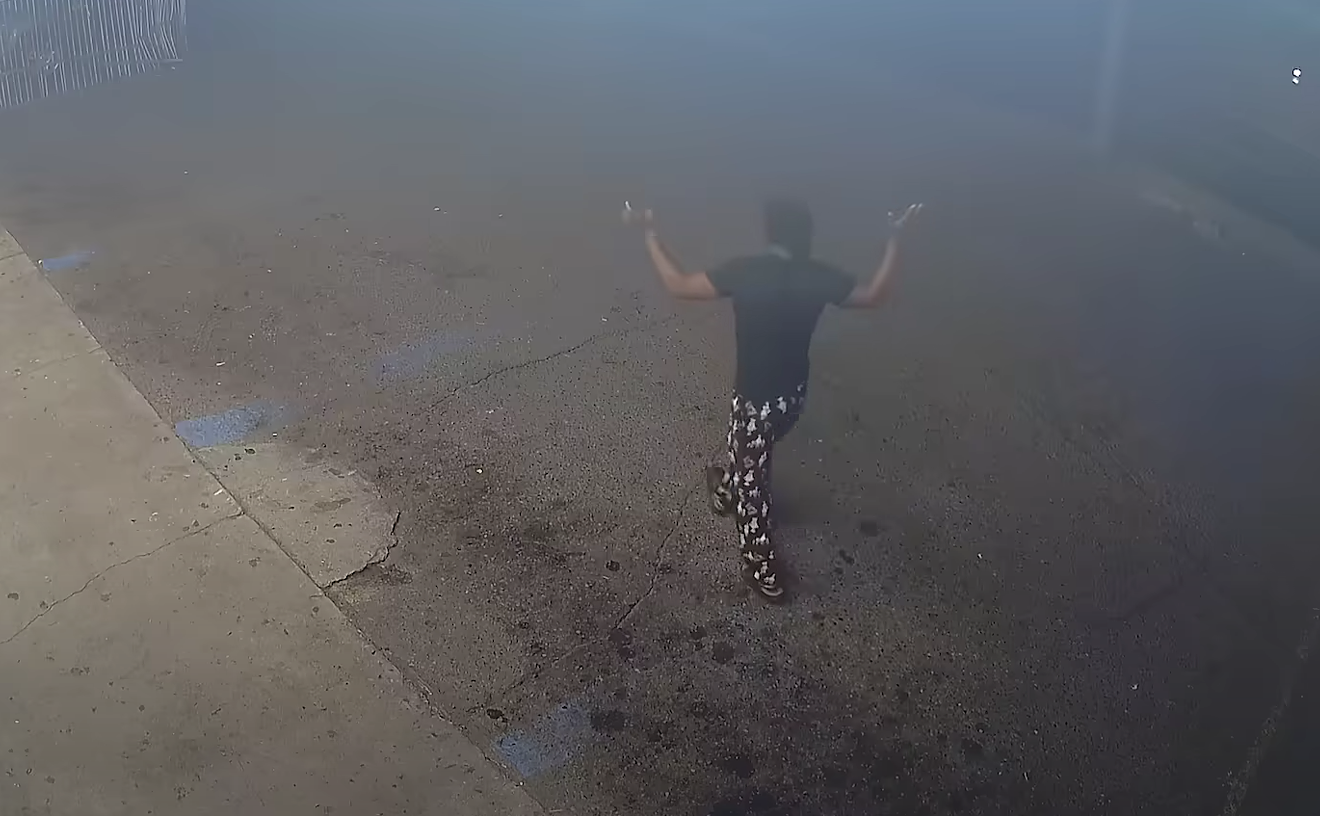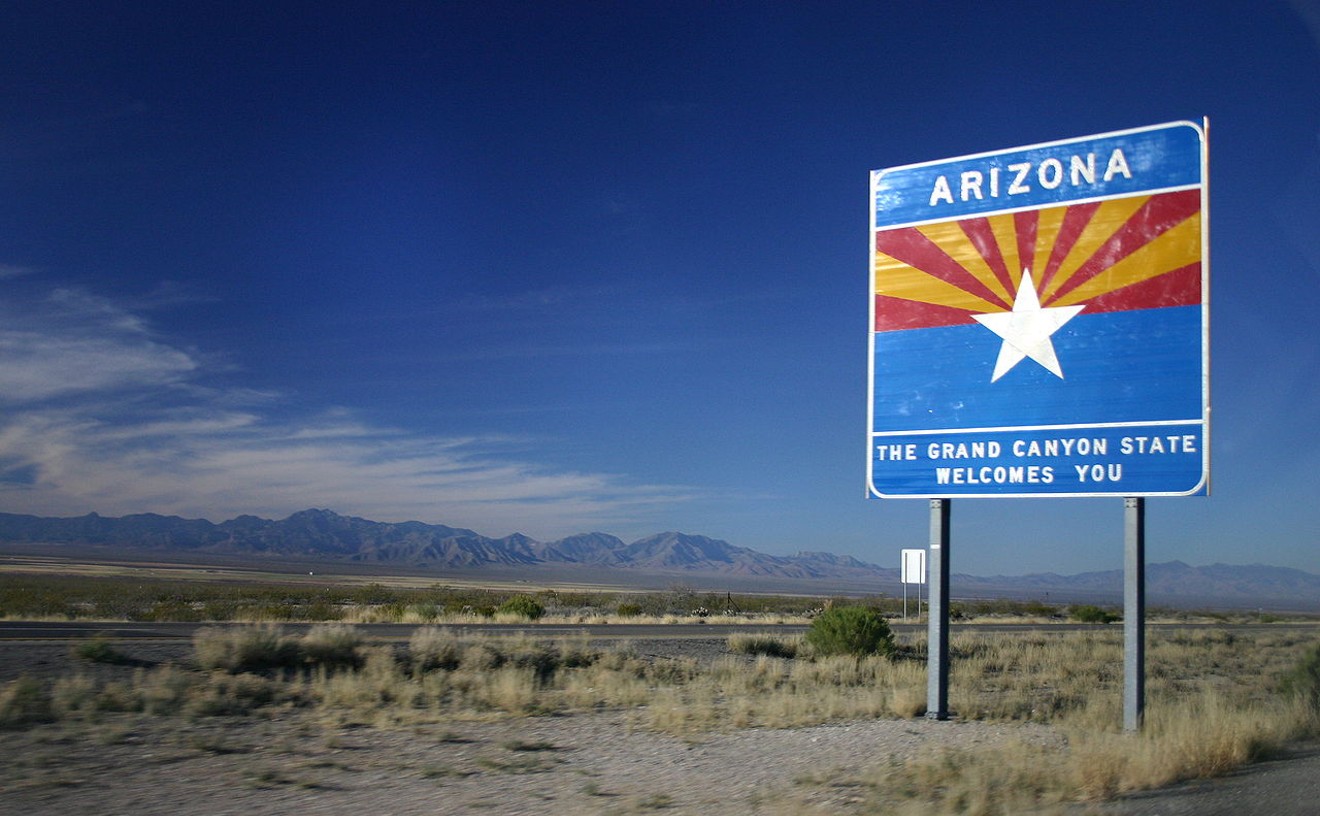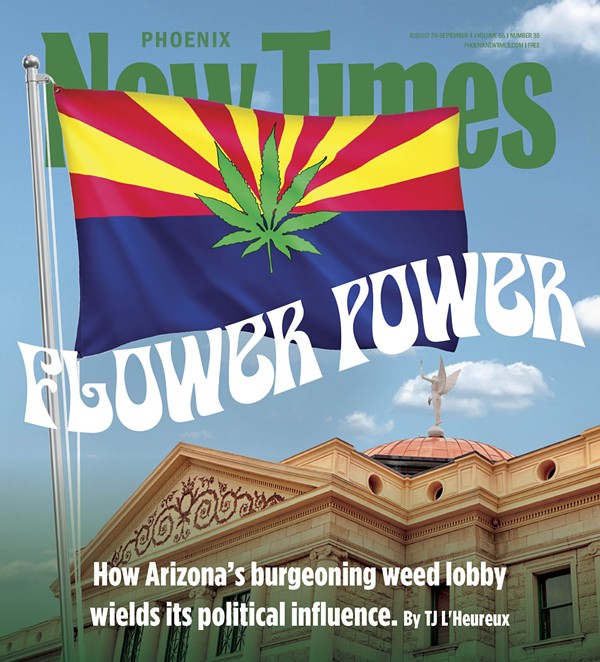In the days that followed Floyd’s killing on May 25, Gallego tweeted that American policing needed "long-term, systemic change" and called on Congress to "immediately pass legislation to require independent prosecutors for all police related shootings & deaths." The Marine veteran criticized the militarization of police departments and expressed outrage at a video showing Buffalo police officers using excessive force against an elderly protestor. Later that summer, he joined a protest in Phoenix against police brutality.
But in Phoenix, the activist groups that have long fought for police accountability weren't buying it.
“He’s a political opportunist," said Lola N’sangou, the executive director of Mass Liberation Arizona. "And we see it."
As Gallego heads into the final stretch of his Senate run against Republican firebrand Kari Lake, his commitment to police reform is a hot topic. On Monday, the Arizona Police Association endorsed Gallego over Lake, mere days after a representative of the organization spoke onstage at former President Donald Trump's rally in Glendale. Then, after the blue backed him, Gallego backed the blue.
On Tuesday, Arizona's Family obtained a letter — which was also posted on the Facebook page of the Phoenix Law Enforcement Association — that Gallego sent to the U.S. Justice Department. In the Aug. 27 letter, Gallego downplayed the DOJ's alarming report on Phoenix police's rampant civil rights violations, which included a history of trampling the rights of homeless people, use of excessive and deadly force and discrimination against minorities. He also argued that Phoenix police do not need federal oversight.
"It is clear a pattern or practice of civil rights violations does not exist," Gallego wrote, "and it is certainly not the kind of situation Congress envisioned when it gave the DOJ the authority to conduct investigations of this type."
Gallego's campaign did not respond to a list of questions from Phoenix New Times.
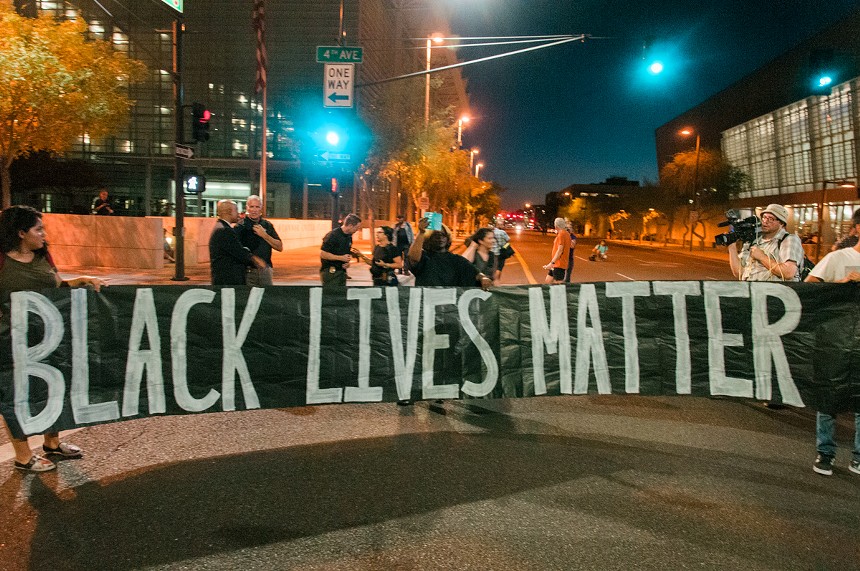
Senate candidate Ruben Gallego spoke out forcefully when George Floyd was murdered by a Minneapolis cop in 2020, but activists noted he was silent when Phoenix police arrested protesters and charged them as a street gang.
Ash Ponders
‘Utterly silent’
Gallego's letter was depressing for police accountability groups in Arizona. But it wasn't surprising.For one, they know this is how the political economy works. "When candidates get endorsed by police unions, these are the same elected officials that become the barriers for police accountability," said Viri Hernandez, the executive director of Poder In Action. But mostly, activists in Phoenix never trusted Gallego's commitment to police reform in the first place.
Gallego, they said, tweets a big game about reining in bad policing, and he did vote to pass the George Floyd Justice in Policing Act. The legislation lowered the standard for convicting police officers of misconduct, limited qualified immunity and granted administrative subpoena power to the Justice Department in pattern-or-practice investigations. When the Senate failed to take up the bill, Gallego stumped repeatedly
But when Gallego speaks up about police violence, Phoenix activists notice, it tends to be when it happens far from Arizona. When his constituents are the victims of excessive police force — and considering that Gallego's district includes much of overpoliced south and west Phoenix, a disproportionate number have been — those constituents can't get a word out of him.
After Floyd's death, Gallego said that "we need to bring in federal prosecutors” to investigate police-involved shootings, a position seemingly at odds with his current resistance to federal police oversight. But when Arizona Department of Public Safety deputies killed Dion Johnson mere days earlier, Gallego didn't address it. Nor did Gallego ever mention Johnson on his campaign Twitter account or his official U.S. House one. A year afterward, he did include Johnson's name in a statement that was mostly about Floyd.
That same year, when video surfaced of the 2017 killing of Muhammad Muhaymin by Phoenix police — in a manner very similar to Floyd's death — Gallego issued no statement.
Gallego was also silent later that summer when Phoenix police arrested and the Maricopa County Attorney's Office charged a group of anti-police protesters as a made-up criminal street gang. Activist organizations "were asking him to take a stand," said Hernandez. " There was no letter on behalf of the protestors who were politically prosecuted."
N'sangou said Mass Liberation spoke to Gallego's office, requesting meetings and pleading for him to weigh in, but he was "utterly silent."
In 2021, after Gallego expressed support for a federal probe into Phoenix police, a former aide posted a letter criticizing his silence about the prosecutions. Ne'Lexia Galloway — who married one of the arrested protesters, Bruce Franks, in 2023 — wrote that she pressed Gallego to weigh on on the protestor prosecutions but he wouldn't. "I now feel what so many Black people have felt and expressed over the years," she wrote."Used."
In a statement sent to the Arizona Republic at the time, a Gallego spokesperson said that "after serious consideration and consultation, it was determined that it was not appropriate for Rep. Gallego to intervene."
“Like so many other so-called progressive Democrats in this state," said N'sangou, "Gallego has only ever paid lip service to Black folks and our concerns about policing."
Added Hernandez: "He has not been someone that anyone who has been fighting for police accountability would say has been an ally."
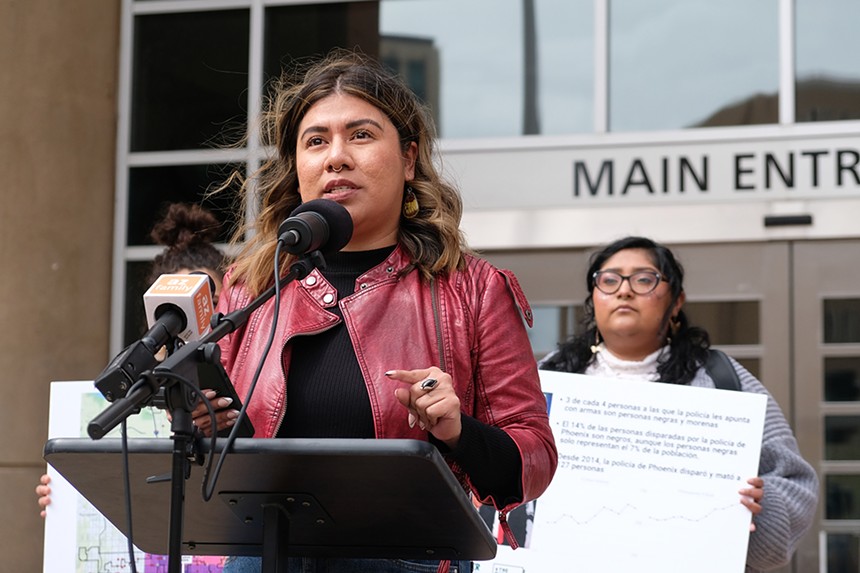
Viri Hernandez, executive director of Poder in Action, said U.S. Rep. Ruben Gallego "has not talked to communities, has not talked to these families in our district" about their issues with Phoenix police.
Katya Schwenk
‘Where was he?’
Phoenix city officials — including Gallego's ex-wife, Mayor Kate Gallego — have also resisted the implementation of a consent decree, which would mandate certain reforms and subject Phoenix police to an independent monitor. In his letter, Gallego bashed the usefulness of a consent decree, which he said could cost the city $50 million.On that score, activist organizations don't necessarily disagree. They're suspicious of consent decrees, too.
N'sangous said Mass Liberation doesn't "believe consent decrees are really the answer," noting that "they take decades to implement" and once federal oversight ends, "the police departments turn out to be as violent if not more violent than they were to begin with." Hernandez said consent decrees historically have addressed the problem of bad policing the wrong way.
"We want the city to focus on solving root cause issues," she said. "We don’t need police to respond to all the things they’re responding to. We don’t need them to have more weapons, we don’t need them to have more training."
But if there is going to be a consent decree — and it certainly appears the DOJ is intent on pursuing one — police reform advocates have a wish list. N'sangou said any consent decree should be "jurisdiction-stripping," basically barring Phoenix cops from responding to certain situations. Pursuing something like that may require activist groups to have a seat at the table, which Hernandez feels is vital.
"The DOJ cannot just negotiate with the city and the police who have been denying these findings," she said. "That is not a good-faith negotiation for a consent decree. They need to be held accountable as well to the communities. Bring in the families who lost their loved ones."
Gallego closed his letter by asking the DOJ to utilize a technical assistance letter, which would essentially allow Phoenix to implement reforms by itself. That, plus Gallego's suggestion that the DOJ's findings were overblown, is what rankles activists like N'sangou and Hernandez the most.
For years, they'd begged him to use his platform and power to make a difference. And this is how he finally does it?
"If Rep. Gallego cared about this issue, where was he in the last decade of communities coming together to advocate for this?" Hernandez said. "They’ve been going to the city councils, they’ve been talking about this in multiple places. People in his district are sharing their stories. Ruben has not talked to communities, has not talked to these families in our district. The first thing we really hear a strong position on regarding policing is this letter?
"Yeah, it’s disappointing.”

